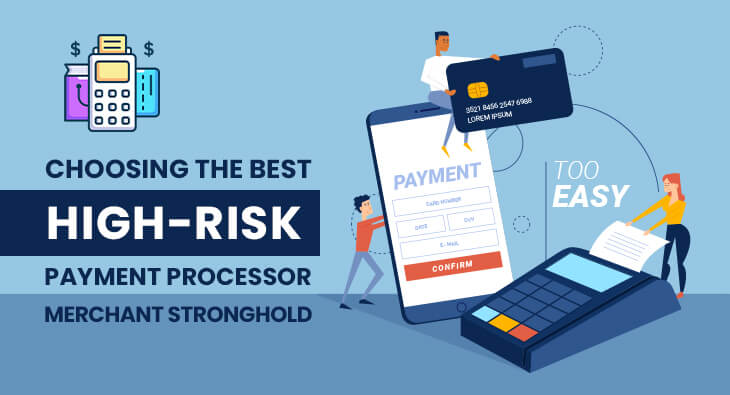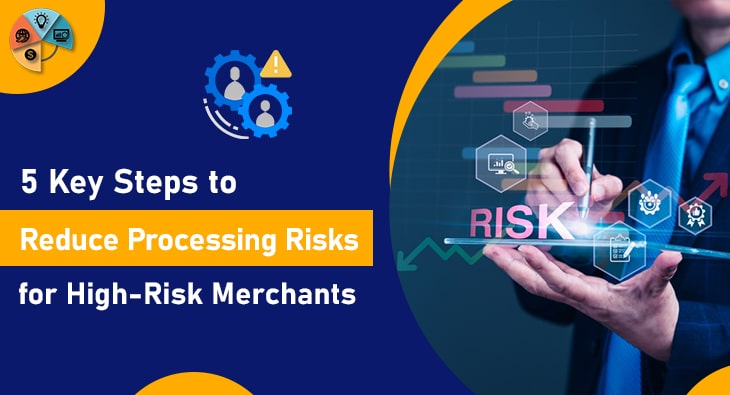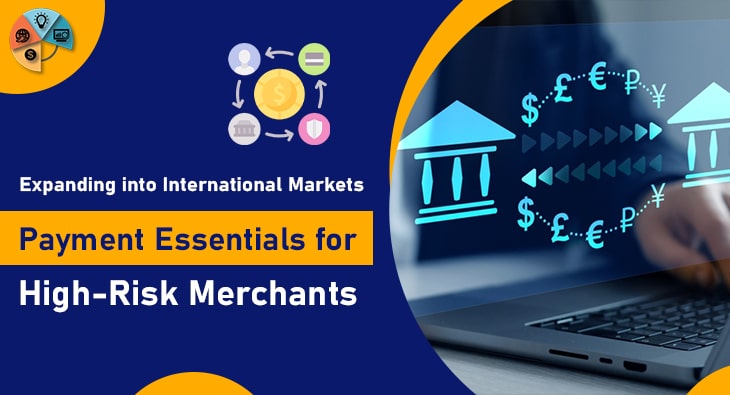When it comes to processing payments for high-risk businesses, security is of utmost importance. With the rise of online transactions and sensitive financial data being shared. It’s essential to choose a payment processor that prioritizes safety above all else. This is where secure high-risk payment processors come into play, providing robust features and protocols to ensure the protection of both merchants and their customers. In this blog post, we’ll explore the key features of these processors and how they can help businesses thrive in the high-risk industry while maintaining uncompromising safety standards.
Understanding High-Risk Payment Processors: An Overview
High-risk payment processors play a crucial role in facilitating transactions for businesses operating in industries that are deemed risky or prone to fraudulent activities. These processors are specifically designed to cater to the unique needs and challenges faced by high-risk merchants.
One key aspect of high-risk payment processors is their ability to navigate through complex regulatory frameworks. Industries such as online gambling, adult entertainment, and pharmaceuticals often face stringent regulations and compliance requirements. A secure high-risk payment processor understands these challenges and has the necessary expertise to ensure that businesses remain compliant while processing payments smoothly.
Additionally, high-risk payment processors offer specialized features such as chargeback mitigation, risk management tools, and fraud detection systems. These features are essential for protecting both merchants and customers from fraudulent activities and unauthorized transactions.
Overall, understanding high-risk payment processors is crucial for businesses operating in industries considered high-risk. By choosing a secure processor with the right features, businesses can thrive while maintaining uncompromising safety standards. In the following sections, we will delve deeper into the key features to look for in a secure high-risk payment processor, assess the safety measures provided, and examine the role of fraud detection in ensuring secure transactions.
Some Related Blogs
- Shopify High Risk Merchant Accounts: Securely Process Online Payments
- A Merchant Account for Charity: Grow Your Non-profit
- The Risks and Rewards of Working with High-Risk Merchants
- Double Your Advantage with Dual Pricing Payment Processing
Key Features to Look For in a Secure High-Risk Payment Processor
When choosing a secure high-risk payment processor, there are several key features that businesses should look for. First and foremost, encryption is a crucial aspect of ensuring the safety of financial data. Look for a processor that uses advanced encryption protocols to protect sensitive information from being intercepted or accessed by unauthorized individuals. Additionally, a robust fraud detection system is essential for identifying and preventing fraudulent transactions. This can include features such as real-time transaction monitoring, anomaly detection, and automated risk scoring.
Another important feature is chargeback mitigation. Which helps to reduce the occurrence of chargebacks and dispute resolution costs. Look for a processor that offers chargeback management tools and assistance in resolving customer disputes. Lastly, consider the availability of risk management tools, such as identity verification and geolocation tracking, to further enhance security measures. By prioritizing these key features, businesses can ensure they are partnering with a high-risk payment processor that prioritizes security and protects both merchants and customers.
Assessing the Safety Measures: Ensuring the Best Protection for Your Payments
When it comes to processing payments for high-risk businesses, safety is paramount. To ensure the best protection for your payments. It’s essential to assess the safety measures provided by a high-risk payment processor. Look for a processor that prioritizes advanced encryption protocols to safeguard sensitive financial data. Encryption ensures that information is secure and inaccessible to unauthorized individuals.

Another crucial safety measure to consider is a robust fraud detection system. Real-time transaction monitoring, anomaly detection, and automated risk scoring are key features that help identify and prevent fraudulent transactions. By partnering with a payment processor that offers these capabilities, you can significantly reduce the risk of financial losses and protect both your business and your customers.
In addition to encryption and fraud detection, consider the availability of chargeback mitigation tools and risk management features. These measures further enhance the security of your transactions and provide additional safeguards against unauthorized activity.
By assessing the safety measures offered by a high-risk payment processor, you can ensure that your payments are protected to the highest standards. Choose a processor that prioritizes safety and offers comprehensive features to mitigate risk and protect your business.
Examining the Role of Fraud Detection in High-Risk Payment Processors
Fraud detection plays a crucial role in ensuring secure transactions for high-risk businesses. With the ever-present threat of fraudulent activities, it’s essential for payment processors to have robust fraud detection systems in place. These systems use advanced algorithms and machine learning techniques to analyze transaction patterns, detect anomalies, and identify potentially fraudulent activity in real-time. By flagging suspicious transactions, high-risk payment processors can take immediate action to prevent unauthorized charges and protect both merchants and customers.
![]()
Email us anytime!
Email customer service 24/7
![]()
Call us anytime!
Reach customer care 24/7 at +1 (727) 330-3944
Effective fraud detection not only minimizes financial losses but also helps maintain the reputation and credibility of high-risk businesses. By partnering with a payment processor that prioritizes fraud detection, businesses can rest assured that their transactions are closely monitored and any potential threats are promptly addressed. This level of vigilance provides peace of mind and enables businesses to focus on their core operations without worrying about security breaches or fraudulent activities.



